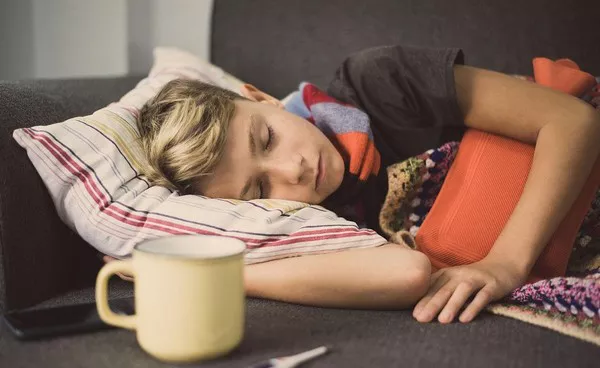HANOVER, NH — Dartmouth researchers have conducted the world’s first clinical trial testing the effectiveness of a generative AI chatbot as a mental health support tool. This pioneering study explores how AI-driven interactions can help people facing mental health challenges, offering the first data-driven insight into their potential benefits.
The trial involved 106 participants across the United States, each diagnosed with major depressive disorder (MDD), generalized anxiety disorder (GAD), or an eating disorder. Over the course of four weeks, participants engaged with Therabot, a smartphone chatbot developed by Dartmouth’s own researchers. Unlike widely known chatbots like ChatGPT, Therabot initiated engagement with users, prompting them to reflect on their mood and emotional state. In the second phase of the trial, participants continued interacting with Therabot without prompts, allowing researchers to evaluate its sustained impact.
For participants with depression, the results were particularly promising, with an average symptom reduction of 51%, showing notable improvements in mood and overall well-being. Participants with generalized anxiety disorder saw a 31% reduction in symptoms, with many moving from moderate to mild anxiety, or even below clinical thresholds. Those struggling with eating disorders reported a 19% improvement in body image, which is significant given the challenges associated with treating these conditions through traditional methods.
Dr. Nicholas Jacobson, an associate professor at Dartmouth’s Geisel School of Medicine and senior author of the study, commented, “The improvements we observed are comparable to what is seen in traditional outpatient therapy, suggesting that AI-assisted approaches could offer clinically meaningful benefits. While in-person care remains irreplaceable, there is a significant shortage of mental health providers, especially in the U.S.”
This study highlights a growing trend: many people face barriers to accessing mental health care due to cost, availability, or stigma. The researchers noted that in the U.S., one therapist is available for every 1,600 people struggling with anxiety or depression. AI chatbots, while not a complete substitute for in-person care, offer an accessible, 24/7 option for individuals to receive support when traditional therapy may not be readily available.
“We hope generative AI can help provide mental health support to the vast number of individuals outside the reach of in-person care,” Dr. Jacobson added. “There is potential for AI and traditional therapy to complement one another.”
While the study’s results are encouraging, healthcare professionals remain cautious. Dr. Michael Heinz, the first author of the study and an assistant professor at Dartmouth Hitchcock Medical Center, emphasized, “While these results are promising, no AI chatbot is ready to fully replace human therapists, especially in high-risk situations. More research is needed to understand and mitigate the risks involved.”
Therabot was developed in consultation with psychologists and psychiatrists to ensure it was tailored for mental health support. The chatbot engaged users with open-ended questions and provided resources for emergency care in case of self-harm risk. Throughout the trial, participants spent an average of six hours engaging with Therabot, which is roughly equivalent to eight therapy sessions. Notably, many participants used the service late at night, a time when symptoms often worsen, suggesting that they found value in the chatbot’s round-the-clock availability.
Dr. Jacobson noted that the participants’ ongoing engagement, even after the trial’s initial prompting stage, suggested that they were forming a bond with the AI tool. “We did not expect people to treat the software almost like a friend, but that’s what happened. It shows that users felt comfortable opening up because they knew the bot would not judge them,” he said.
While the researchers caution against placing too much reliance on AI for mental health treatment, they also acknowledge the potential benefits for those lacking access to traditional care. “Our results show that, in some cases, AI could offer the equivalent of gold-standard therapy over a shorter period of time,” Dr. Jacobson concluded. “Diligent oversight is key to ensuring both safety and efficacy in this emerging space.”
As AI-driven mental health solutions continue to evolve, the findings from this groundbreaking study signal a new era for mental health care, where technology may play a significant role in bridging the gap between demand and supply.
Related Topics:























